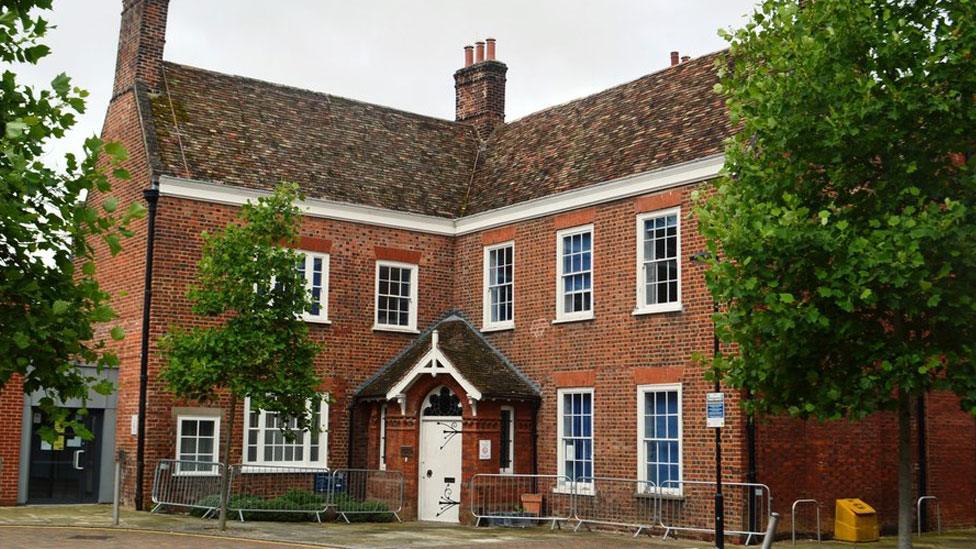Students set out to tackle skin cancer disparities
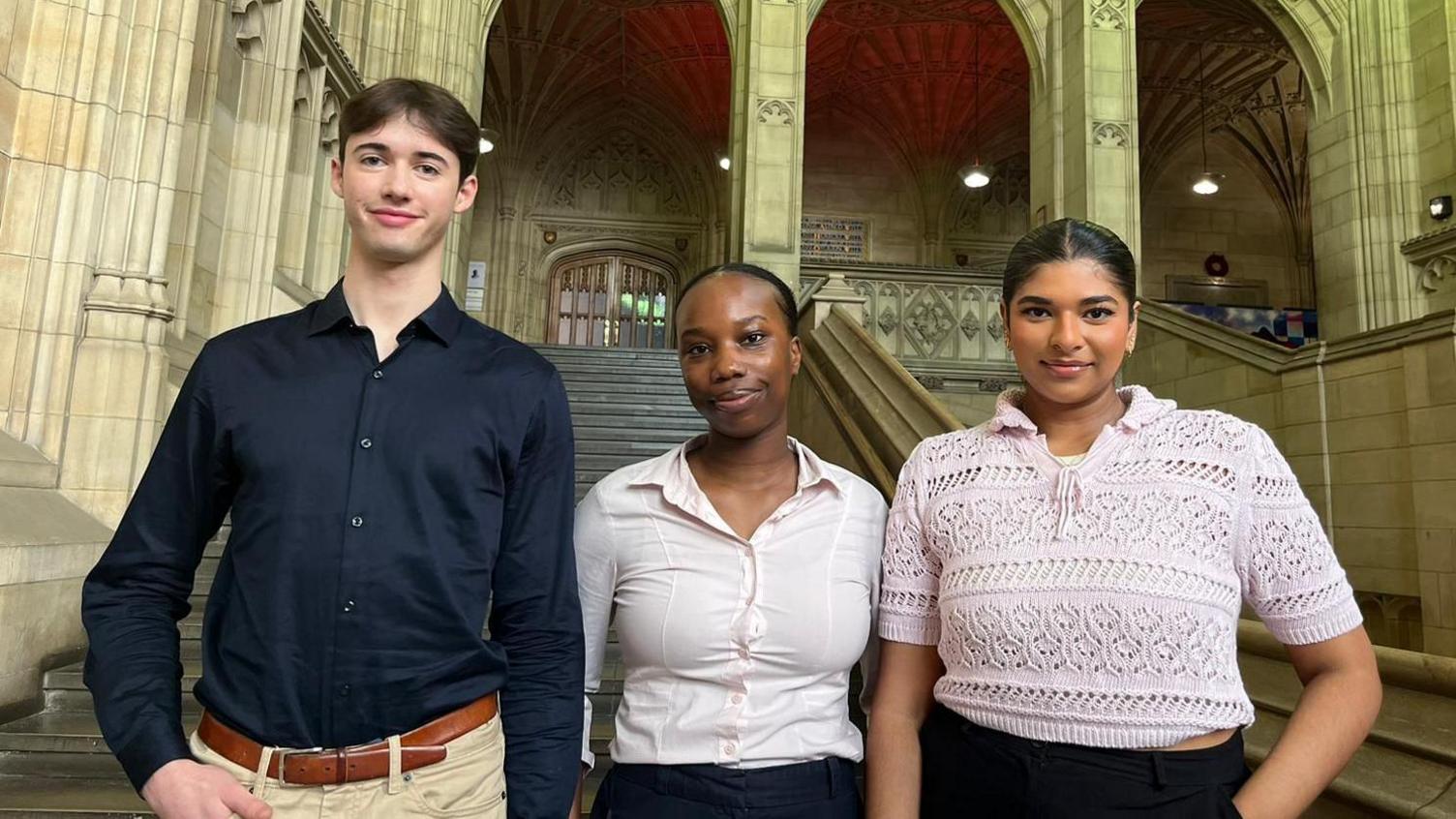
The students decided to act after learning UK doctors were much more likely to misdiagnose conditions in those with black or brown skin
- Published
Three students from Bristol have launched a start-up dedicated to solving the disparity in skin cancer care across different ethnicities.
They decided to tackle the issue after learning UK doctors were much more likely to misdiagnose conditions in those with black or brown skin.
The start-up, DermSpectrum, aims to build the UK's most diverse skin image bank to help medics diagnose skin conditions.
They have already won thousands of pounds in funding and hope the tool will "reduce inequality".
University of Bristol medical students Mariana Wickramarachchi, Harvey Hill and Elizabeth Maregere went through one of the most widely-used medical textbooks in the UK, and found that of the 600 diagrams and images, only 10 images were of patients with black or brown skin.
In the US, five-year skin cancer survival rates, external are 70% for black people and 92% for white people.
Equivalent studies aren't widely available in the UK, but a 2016 study, external, involving hundreds of GPs, found they were much more likely to misdiagnose melanomas in dark skin.
After surveying fellow medical students in the UK, the Bristol students found trainee doctors were nearly twice as confident at diagnosing conditions on white skin compared to other ethnicities.
Mr Hill said: “It’s shocking seeing the underrepresentation in the UK curriculum [...] Medical students are the starting point. We want this to be a resource for students and then we want to roll it out to the rest of the medical community from there.”
The team of students has not only highlighted the disparity as a moral issue, but a financial one too.
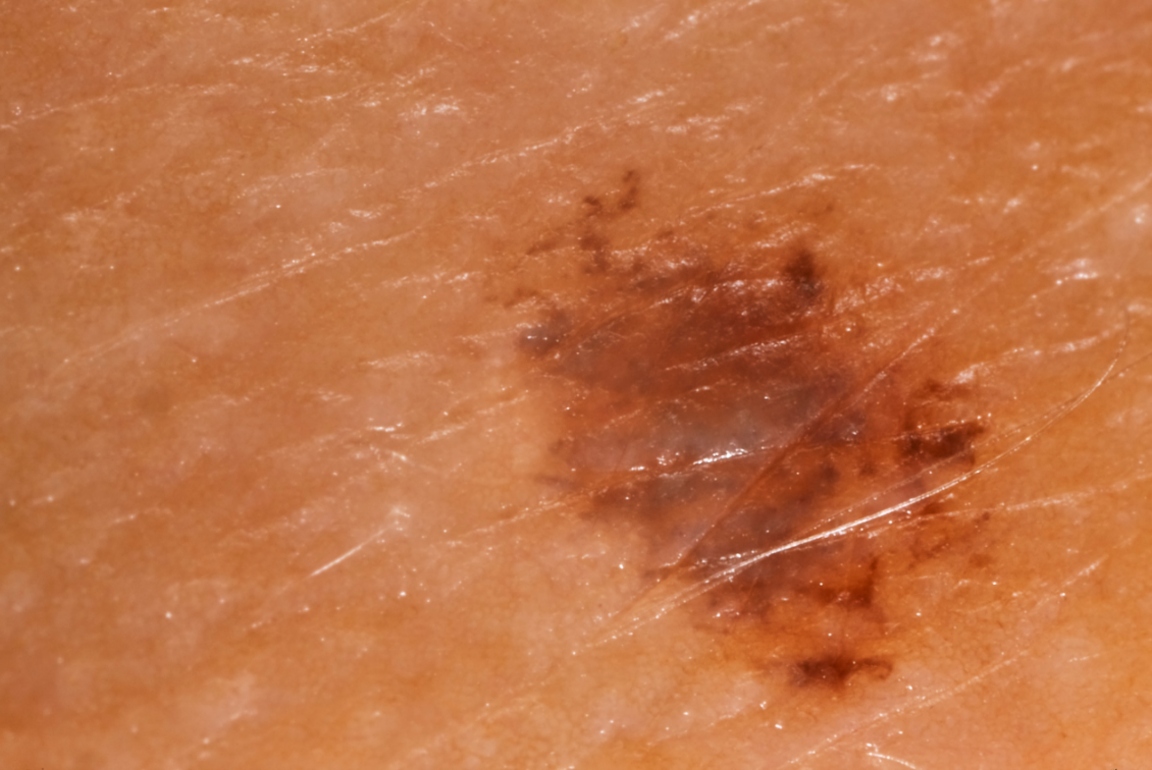
A study based on Irish data found that healthcare costs for those diagnosed with Stage IV melanoma are reported to be between 25 and 52 times higher, external than for those diagnosed at Stage IA, which is the earliest stage of the disease, when the cancer has not spread beyond the initial site.
Ms Maragere said: “Misdiagnosis or missed diagnosis, due to inadequate representation, can have massive repercussions on patients. We want to increase diversity within medical education to reduce inequality, for black and brown people.”
"Current skin banks included mostly photos of white skin and... often used an 'outdated and subjective' classification system," added Ms Wickramarachchi.
DermSpectrum’s online resource will include features such as a slider to choose skin tone, options to filter by location on the body and appearance of the skin condition. The founders are also exploring how AI could be used to aid the diversity of images.
The start-up has already secured thousands of pounds in funding, starting with £1,000 as a result of winning the Learn2Innovate programme, external, which equips students with tools to innovate in the medical field.
Professor Chrissie Thirlwell, head of the University of Bristol Medical School, said: “I’m incredibly proud of our students’ innovation, entrepreneurship and drive to address this and other health inequalities both in clinical scenarios and across medical education."
The students also won £3,500 from the University of Bristol’s Jim and Peggy Wilkinson Innovation Fund to develop the start-up, and have been accepted into Samsung's Solve for Tomorrow, external competition, which includes workshops, mentoring and the chance to win £10,000.
Related topics
- Published19 March 2024
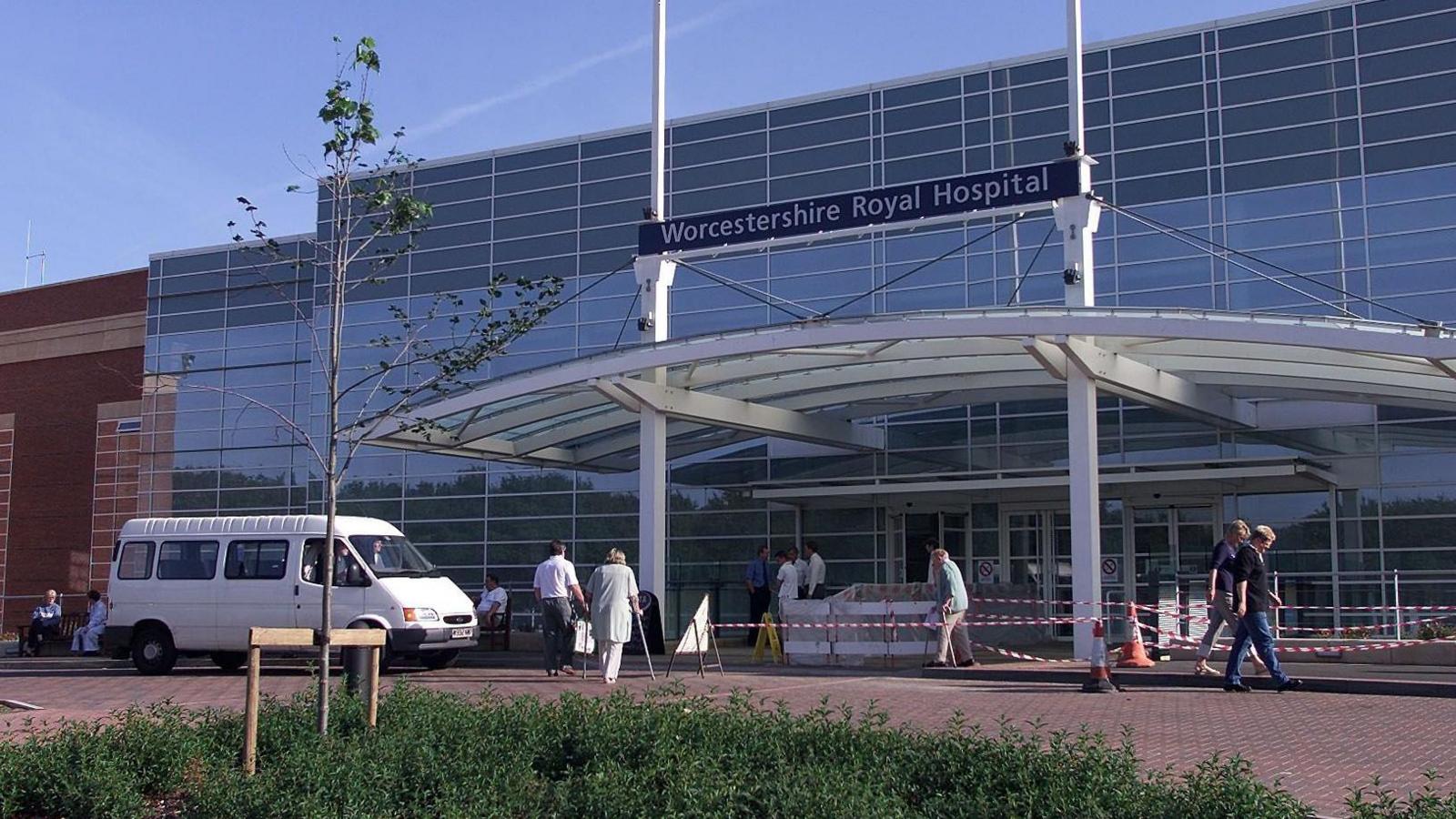
- Published30 January 2024
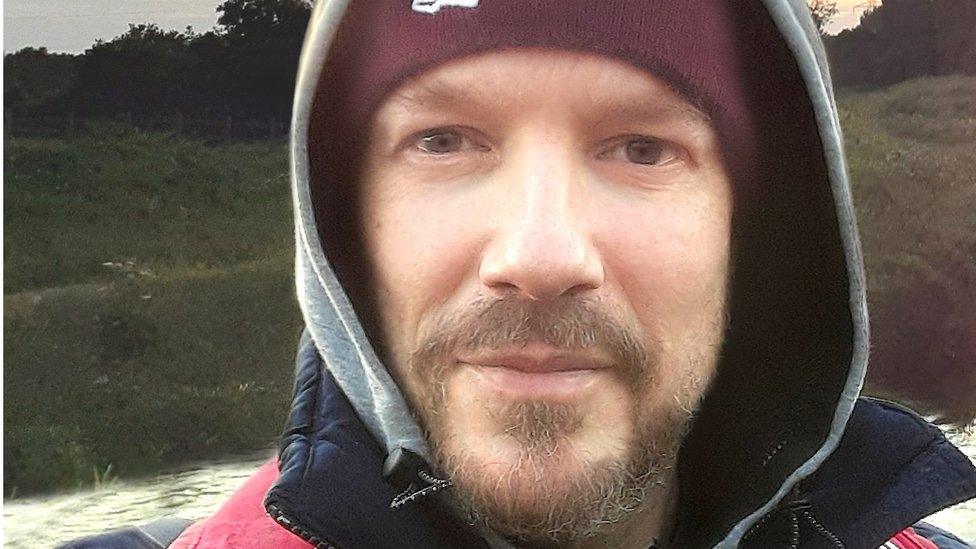
- Published2 January 2024
